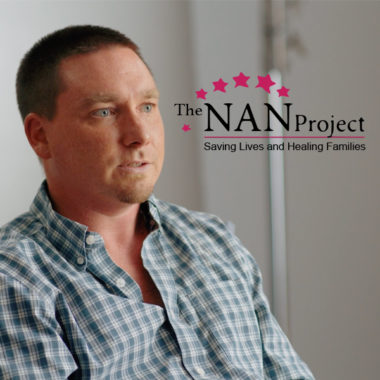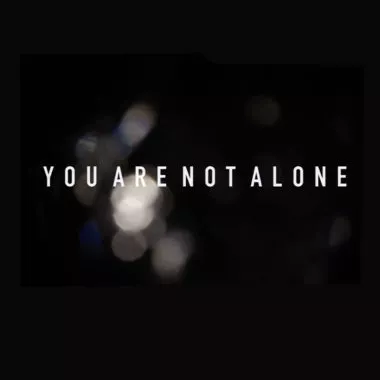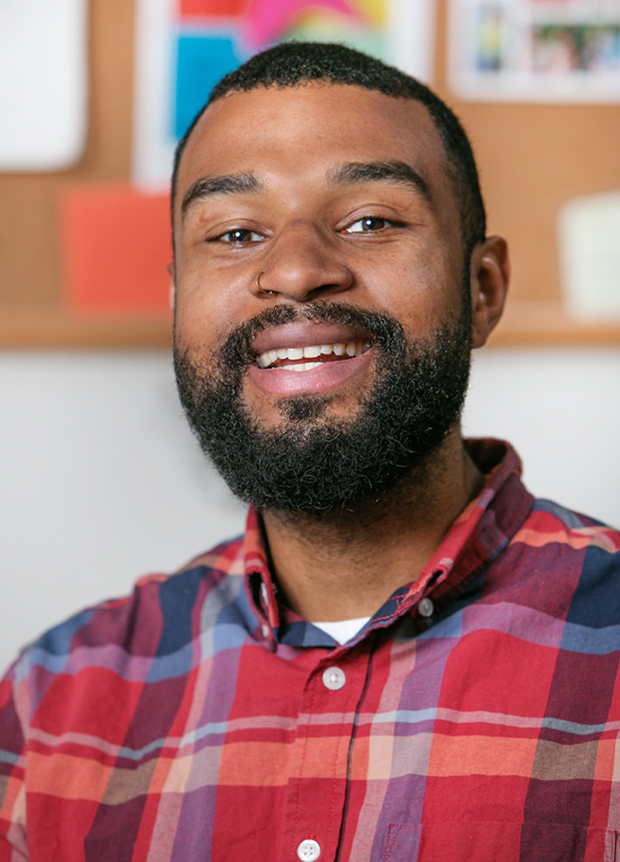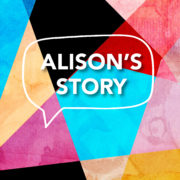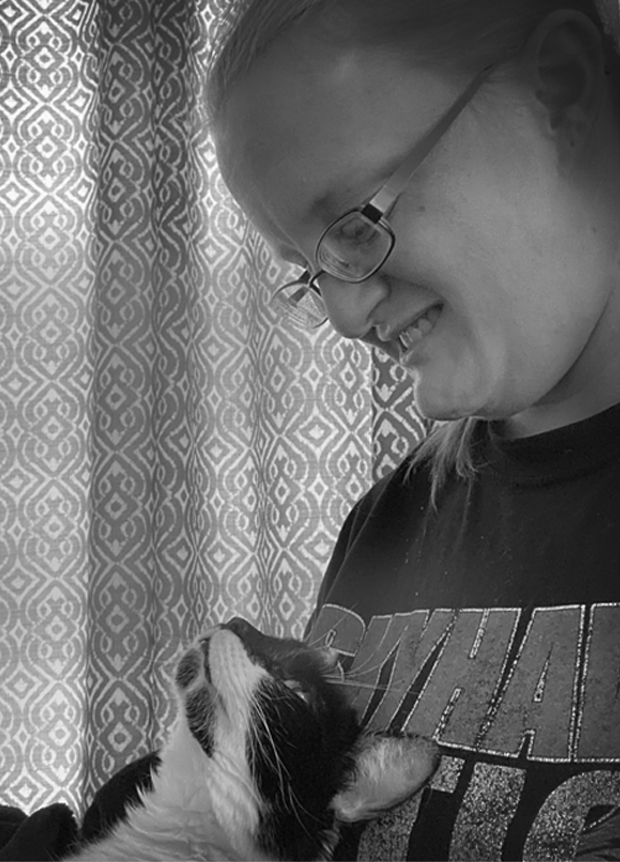Growing up I had a lot of pride in my ability to get things done and that pushed me through many challenging situations. I have an amazing support system and an incredible mom who has always been there for me, throughout every step of my journey. She has always done everything she could to keep me safe, but believe me, I never made it easy. My whole life people have always told me how smart I am. Achieving advanced in all my MCAS scores and I was even picked first on my high school basketball team because of my willingness to grind it out and succeed. I might not have been the most talented, but it didn’t matter. I would dive for a loose ball if it meant my team had a chance to win, even when winning seemed impossible. Most importantly, I consider myself a team player, supporting my teammates, my loved ones, and those closest to me. One of the reasons I am so willing to help those around me is because I know what it’s like to feel isolated and alone, as if you have no one to turn to.
All my life I’ve struggled with mental health challenges. I’ve been hospitalized numerous times and on some occasions even arrested because of my paranoia, mood disorder, and psychosis. At times, I have felt that I couldn’t trust those around me and that I wasn’t safe. My mom did the best she could to help me but that wasn’t enough. She didn’t have the tools to help me. We needed clinical support. After my second hospitalization, I started getting meds that alleviated some of my symptoms. Though I didn’t quite feel like I was completely all better, it was the first time in a long time that I could think clearly. When you’re living with psychosis, your experiences may be different from the reality other people tend to find in common. Reality testing is when I put my experiences to the test by asking those around me if my beliefs and thoughts made sense or if there has been any changes in my behaviors. Often, I hear voices or see things others don’t. This can be very fun and simultaneously very scary. I do not mess around with substances because they worsen my symptoms. My father has a history of addictive behaviors and alcohol dependency. I understand that if I am to break the cycle of addiction I have to be intentional about the things I choose to put into my body. That means being extra cautious to not fall into the same patterns. As a teenager, however, I didn’t always have the same depth of perspective. I experimented with substances to fill a void. I know now that I could never escape my pain through the use of substances. That my efforts to fit in would have been more effective had I just been myself and stayed in school. I was only making things worse. Some folks learn by observing the mistakes of others, but I was determined to make all the mistakes myself. I wish I would have listened as a kid. But with time, I did learn to take better care of myself.
Over the years I have come up with coping strategies, such as shaking my body and meditation, that help me ground myself if I become overwhelmed or experience severe anxiety. I’ve learned that by taking care of my body and exercising regularly, I can fight my mental illness. That, and a good night’s sleep works wonders. I sleep on average 9 hours every night, and though everyone is different, I’ve learned that this is my sweet spot. Positive self-talk has also done amazing things in my life. I am basically like my own hype man in my head. When I hear anything hurtful the voices might say to me, I set them straight by letting them know that I am not the things they say I am. I am still learning every day about myself.
As I continue to grow and find new ways of looking at my mental health, I am more willing to talk to friends and family when I need help. At first this was hard because people couldn’t experience the same things I heard and saw. When I finally did open up, I learned by talking about my psychosis I could receive support and my family became more understanding. They assured me that other folks go through similar experiences and that I was not alone. “We gon’ get through this together,” they said. Some may even view what I experience as spiritual or divine. Sometimes the voices do help me by providing insight on how those around me are feeling. I also learned that many of my friends actually did want to talk and support me through my challenges. They wanted to learn more about me and how they could help. This has made a huge impact on the way I go about life.
For a long time I thought, “woe is me.” But I no longer see myself as a victim to trauma, but rather a survivor. And that I can overcome any obstacle that is thrown at me. I just have to give it my 100%, and when that isn’t enough, reach out for help. I understand the pandemic has been extremely difficult for many people. However, because of my support system, my strong coping skills, and the privilege I have to basic resources, I have been able to take advantage of the time. I take walks around my neighborhood each day, and there is very little traffic when I do have to get out. I can see my kittens throughout the day, and I can wear sweatpants while I am working. I love wearing comfy clothes! I am hoping that as I continue to grow that I can share my story with others.
I know feeling like you don’t have anyone to turn to can be frustrating and depressing, but it doesn’t have to be that way. Talk to a trusted adult, it can be your favorite teacher, a family member, a coach, or a friend. Therapy has done wonders for me, but not every therapist I’ve seen over the years has clicked. Try out different ones until you find a match. For me it was finding the one who could really listen to me and ask questions that truly made me think. I didn’t need any answers, I just needed to debrief what was going on. Understanding that and clearly communicating it has been extremely helpful. You won’t know what works for you until you try it. Finally, I am extremely fortunate to have this opportunity to work with the NAN Project, where I am surrounded by a team of folks who all care about the well-being of others. Even though I am not on the court as much anymore, I can still be a team player at work and support my co-workers when problems arise. I am around individuals who I can feel comfortable asking for help from, and I now see the benefits to that. My coworkers can also count on me when they need an extra hand and I am happy to be there for them.
My motto is, “We ride out. From day one to infinity we gon’ be alright. We gon’ get through anything together.” That is my story, thank you for listening.

